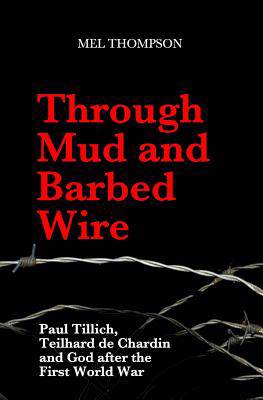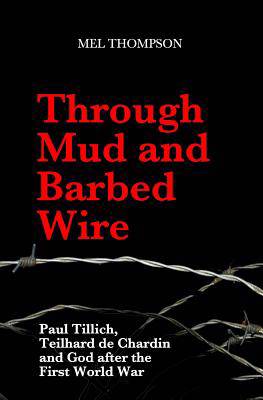
- Retrait gratuit dans votre magasin Club
- 7.000.000 titres dans notre catalogue
- Payer en toute sécurité
- Toujours un magasin près de chez vous
- Retrait gratuit dans votre magasin Club
- 7.000.0000 titres dans notre catalogue
- Payer en toute sécurité
- Toujours un magasin près de chez vous
Through Mud and Barbed Wire
Paul Tillich, Teilhard de Chardin and God after the First World War
Mel Thompson
Livre broché | Anglais
13,95 €
+ 27 points
Description
Can faith survive war? What can we hope for in a world gone mad?In June 1916, two of the 20th century's greatest religious thinkers found themselves on opposite sides of the battlefield at Verdun. For each it was an experience like no other, but they responded to it very differently, and for each of them it transformed their idea of God, their career and their life. A German Lutheran chaplain and a French Jesuit stretcher-bearer, although separated by only a few hundred yards of mud and barbed wire, tried to cope with and make sense of the horror of war.The story of these two men - Paul Tillich and Teilhard de Chardin - and the impact the war had on them, reflects a century of thinking about religion, politics, humanism and our global future.The story moves from the battlefields of the Great War, through Europe in the 1920s and 30s, to America in the 1950s. It explores questions about belief in God, the place of religion, and how we cope with suffering and change, whether on a battlefield or in a cancer ward. Believers may ask how God allows such things to happen, and many have their faith shattered through suffering. But the broader issue, for believers and atheists alike, is how to find anything positive to say about life in the face of suffering and death on such a scale.From a nervous breakdown during the war to success in New York, and from exile in China to a belated recognition in Paris, this is also a story of hope and determination.
Spécifications
Parties prenantes
- Auteur(s) :
- Editeur:
Contenu
- Nombre de pages :
- 278
- Langue:
- Anglais
Caractéristiques
- EAN:
- 9781979281034
- Date de parution :
- 29-10-17
- Format:
- Livre broché
- Format numérique:
- Trade paperback (VS)
- Dimensions :
- 133 mm x 203 mm
- Poids :
- 317 g

Les avis
Nous publions uniquement les avis qui respectent les conditions requises. Consultez nos conditions pour les avis.






